
Black MSM who use drugs face substantial barriers to HIV treatment and prevention. A recent study analyzed their needs first-hand by conducting in-depth interviews.

Black MSM who use drugs face substantial barriers to HIV treatment and prevention. A recent study analyzed their needs first-hand by conducting in-depth interviews.

As HIV treatment shifts into primary care, it is important to educate NPs on HIV care and prevention in order to maintain recent gains towards ending the HIV epidemic.

Here is a look at infectious disease-related US Food and Drug Administration (FDA) news from the week of November 3, 2019.

Perceived and actual risk of cardiovascular disease is only weakly associated in people living with HIV. An analysis reveals that provider CVD risk discussion is significantly associated with perception of CVD susceptibility.

A new study examined young adults with perinatally acquired HIV living in South Florida in order to shed light on their lived experiences.

We’ve rounded up a list of important US Food and Drug Administration (FDA) and US Department of Agriculture (USDA) recalls from this past week.

Neither infectious disease specialists nor primary care providers appear to consider PrEP care to fall within their practice, and similar debates have taken place between nurses and physicians.

A new protocol for nurse care management called NCM4HIV is designed to meet the needs of youth experiencing homelessness.

Stay up-to-date on the latest infectious disease news by checking out our top 5 articles of the week.

Shannon Weber, MSW, delivered the opening keynote at ANAC 2019 on the importance of empathy when working with people living with HIV.

People living with HIV are twice as likely as those who do not have HIV to develop cardiovascular disease, yet recent data suggest this population does not meet recommended levels of physical activity.

A recent study suggests that smokers living with HIV were willing to transition to electronic cigarettes and had lower carbon monoxide levels after doing so.

San Francisco has seen HIV prevention and control success, however how people experiencing homelessness present unmet needs which require transforming traditional models of care.

The number of STI screenings increased exponentially from 369 rectal and pharyngeal swabs performed in 2015 prior to policy implementation to 865 swabs in 2016, 1474 swabs in 2017, and 1889 swabs in 2018.

Sexually-transmitted Campylobacter clusters were genetically similar in the Seattle and Montreal regions. Campylobacter can be associated with “a bad week or 2” and even Guillain-Barre syndrome.

The Cooper Early Intervention Program Expanded Care Clinic observed that the gap in retention in care among patients with HIV was reduced from 15% to 10% over a span of 3 months.

A team of investigators from Indiana University set out to examine levels of PrEP awareness among black men in a rural midwestern city to identify barriers and facilitators to PrEP uptake and access.

Among participants in the study arm, the app resulted in significant changes, particularly in fatigue intensity and overall fatigue-related functioning

Investigators at Northeastern conducted a trial that evaluated if a video series designed for the viewer to identify with characters and “transport” themselves into the storyline lead to an increase in HIV testing.

Nurses and other providers should incorporate safety planning into PrEP care for women experiencing intimate partner violence.

An online survey found that people living with HIV who had lower incomes are at a higher risk for household material hardships and poorer health outcomes.
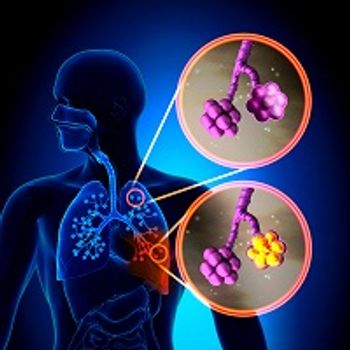
This article highlights some key updates to the antimicrobial therapy recommendations in the updated community-acquired pneumonia guidelines.

Nurses stationed in public sexual health services and specialist HIV general physician practice study sites were integral in facilitating rapid PrEP uptake.

Since 2014 NYC Health + Hospitals has worked to maintain preparedness against diseases like Ebola.

This In the Literature piece features a case vignette on the de-escalation of antibiotics for culture-negative pneumonia.
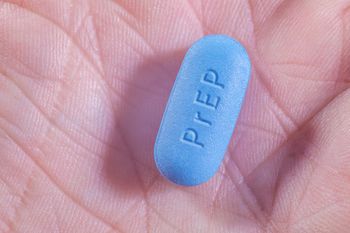
A new review in The Lancet HIV discusses the next generation of HIV prevention, called PrEP 2.0.
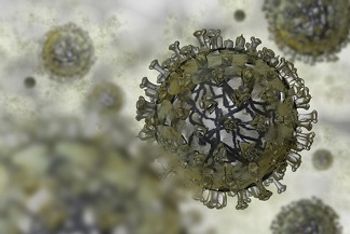
A new study from ECDC investigators highlights mortality and risk factors associated with seasonal influenza.

After receiving FMT capsules containing drug resistant ESBL E coli, 2 patients developed severe illness with 1 patient death.
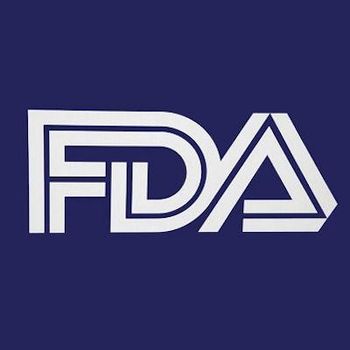
The FDA has authorized marketing of the Sentosa SQ HIV Genotyping Assay, which detects HIV-1 mutations in patients undergoing or about to initiate antiviral treatment.
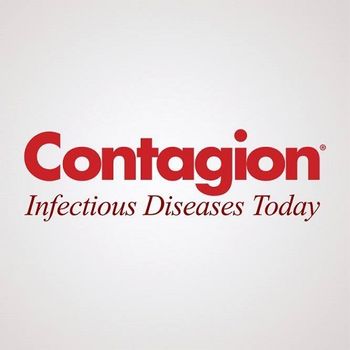
The Contagion® editorial staff will be providing exclusive written and video coverage from ANAC 2019.